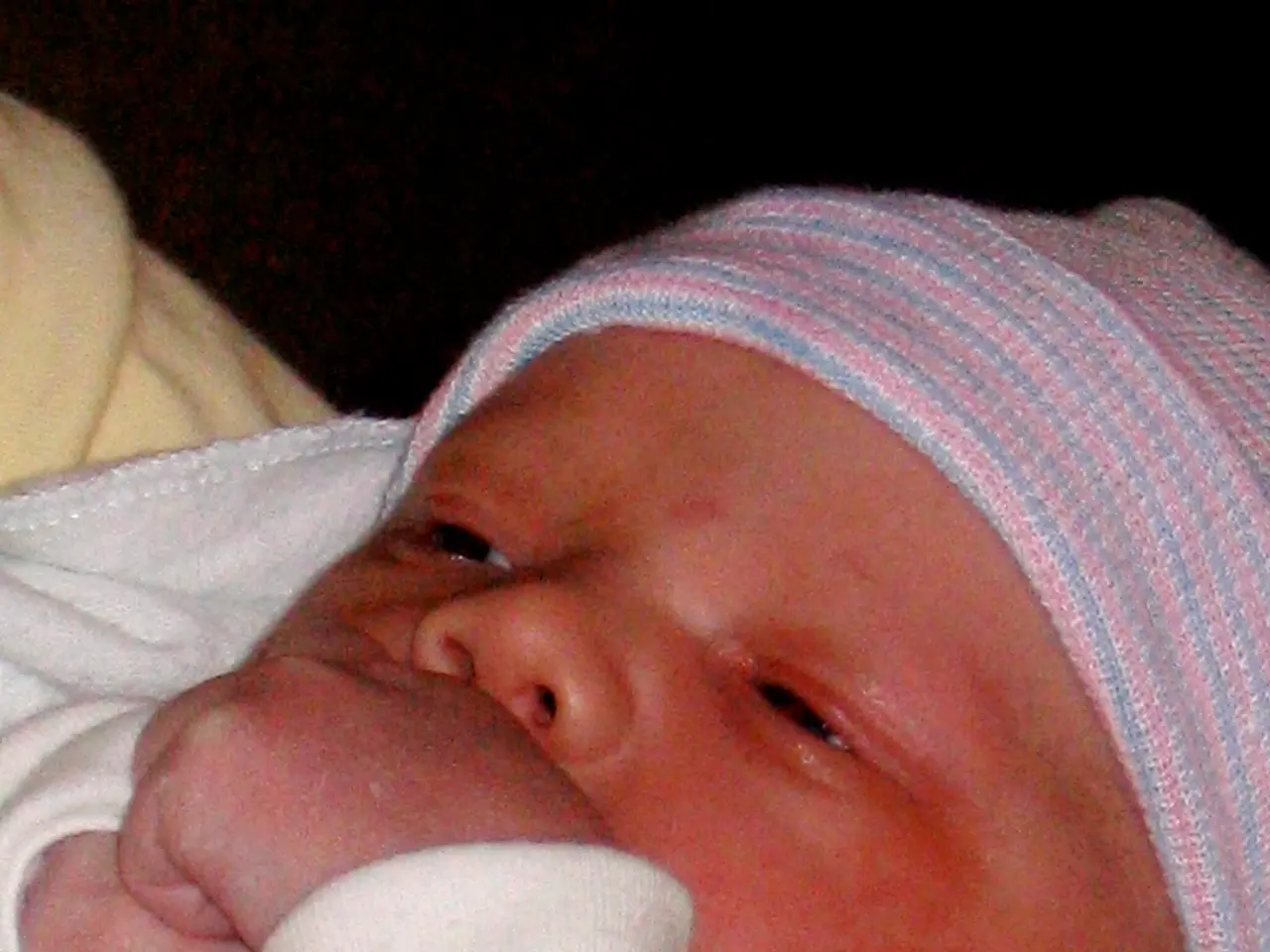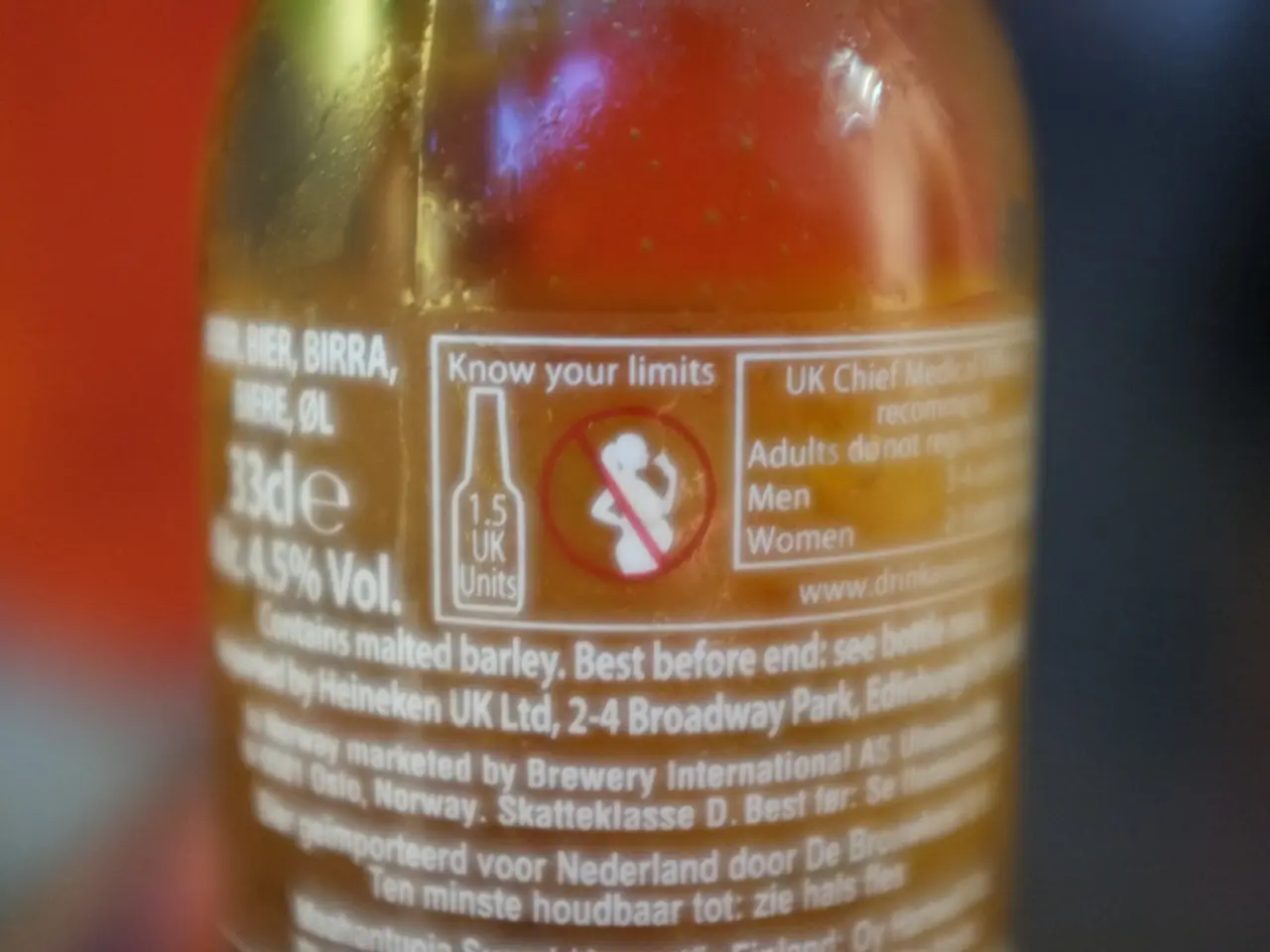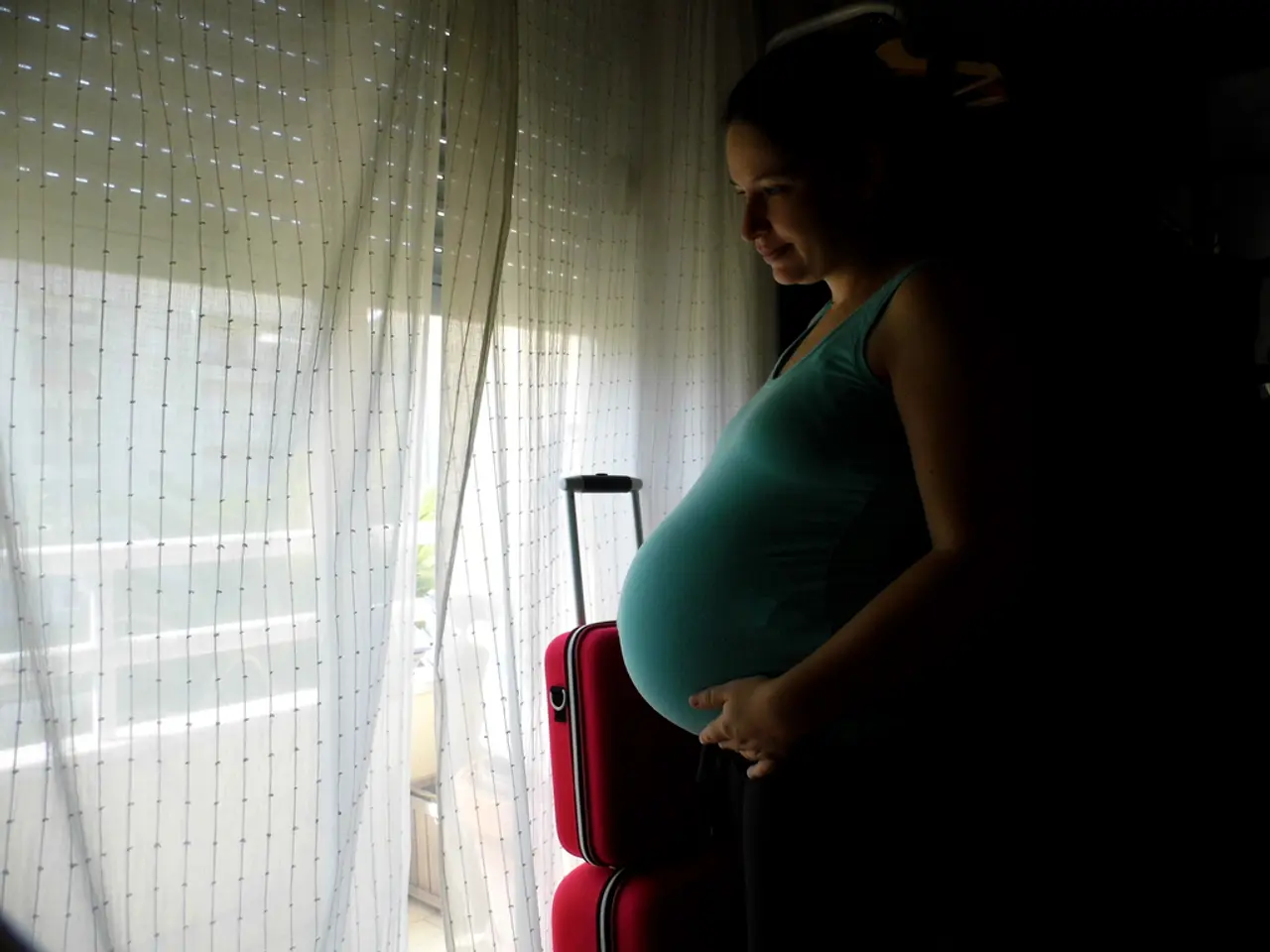Baby's Dry Face Skin: Causes and Solutions
**Caring for Dry Skin on a Baby's Face: A Guide**
Dry skin on a baby's face can be a common concern for parents, and understanding the causes and treatments can help provide relief.
Dehydration, excessive bathing, and the use of alcohol-based products are among the factors that can cause dryness on a baby's delicate skin. Dehydration can occur when a baby loses more fluids than they take in, often due to inadequate feeding or excessive environmental heat. Frequent bathing can strip away natural oils, leading to dryness, while alcohol can dry out a baby's skin, causing irritation.
Two skin conditions that can also lead to dryness on a baby's face are eczema (Atopic Dermatitis) and Ichthyosis. Eczema is an inflammatory condition that causes dryness, redness, and itching, and is often associated with asthma, seasonal allergies, allergic rhinitis, or food allergies, though these do not usually start in early infancy. Ichthyosis is a genetic condition characterized by red, scaly patches that require ongoing management.
Treating dry skin on a baby's face involves gentle care and specific products. Moisturizing is essential, and fragrance-free, hypoallergenic moisturizers should be used within three minutes of bathing to lock in moisture. Ingredients like hyaluronic acid, glycerin, and ceramides are beneficial.
Bathing routines should also be adjusted to avoid stripping natural oils. Avoid regular use of soap and instead use non-soap liquid cleansers that are fragrance-free. Limit baths to 5-10 minutes, with warm water.
Harsh products should be avoided, including alcohol-based and harsh soaps that can exacerbate dryness. Dressing a baby in warm, breathable layers can protect them against cold, dry air.
For eczema and Ichthyosis, it is advisable to consult a pediatrician or dermatologist for personalized advice. Topical corticosteroids may be prescribed for eczema. Over-the-counter (OTC) remedies for Ichthyosis should only be used with a prescription from a dermatologist or pediatrician.
Prevention of dry skin on a baby's face includes using a baby-friendly moisturizer if needed, avoiding cold indoor and outdoor conditions, avoiding harsh, heavily scented creams and perfumes, keeping bath time to a maximum of 15 minutes, gently patting dry the baby's face, and avoiding rubbing their skin with the towel. By following these guidelines, parents can help keep their baby's skin healthy and hydrated.
- To address dry skin on a baby's face, parents should use fragrance-free, hypoallergenic moisturizers containing ingredients like hyaluronic acid, glycerin, and ceramides within three minutes of bathing to lock in moisture.
- Avoid using soap during bathing and instead opt for non-soap liquid cleansers that are fragrance-free to prevent stripping natural oils and causing further dryness.
- Limit baths to 5-10 minutes with warm water, as frequent bathing can strip away natural oils and lead to dryness.
- Harsh products such as alcohol-based and harsh soaps should be avoided as they can exacerbate dryness on a baby's delicate skin.
- For infants with eczema (Atopic Dermatitis) or Ichthyosis, it is advisable to consult a pediatrician or dermatologist for personalized advice and potential prescription treatments.
- Prevention measures for dry skin on a baby's face include using a baby-friendly moisturizer if needed, avoiding cold indoor and outdoor conditions, avoiding harsh, heavily scented creams and perfumes, keeping bath time to a maximum of 15 minutes, gently patting the baby's face dry, and avoiding rubbing their skin with the towel to maintain healthy and hydrated skin.




